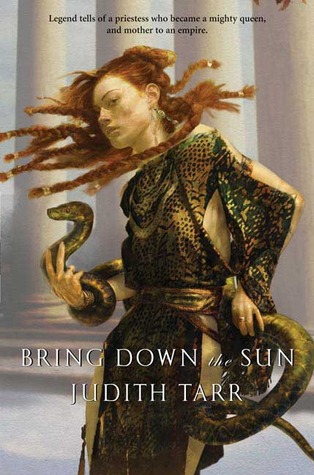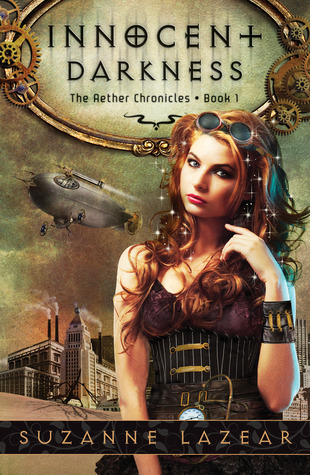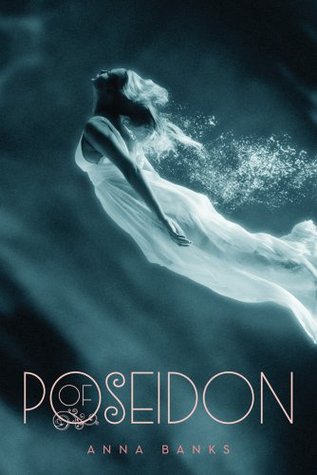The good, the bad, and the ugly: The Red Queen (The Obernewtyn Chronicles #7) by Isobelle Carmody
Exciting ending makes up for slow rest of novel.
The good
- Elspeth (protagonist) isn't hung up on her missing love interest, and Gets Shit Done.
- The whole Habitat plot at the start was interesting, although it could (probably should) have been a separate book in its own right.
- More worldbuilding - we get to see more of the physical and cultural world Elspeth lives in.
- I guessed one of the plot twists 50 pages before it was revealed - I love it when I'm right!
- Exciting last 250-300 pages
- Cute ending
- Overall, the story is a good conclusion to the series, however...
The bad
- Too many characters, and after so long I couldn't remember who they all were.
- Too much dystopia, not enough fantasy in a time when every other YA book is dystopian (however, it's interesting to get a combination of the two).
- The dialogue is too formal even between characters who are close - realistically, people use contractions.
- I can't remember any LGBTQ representation in the book or the whole series. If there's any, it's not made explicit or positive. It's a long series with lots of characters, and The Red Queen was published recently in 2015, so there's no excuse.
The ugly
- Needs significant editing and proofreading (Isobelle Carmody asked fans to let her "hone and polish and conclude this last book at my own pace" but it seems she didn't succeed, as it's riddled with typos as if it's a first draft - which it might be).
- Twice as long as any book needs to be
- Slow-paced for the majority (eg. there's no running until 250 pages in)
The summary
After years spent struggling to balance her desires with her responsibilities, Elspeth Gordie has fully embraced her role as the Seeker. Battle-scarred and lovelorn, haunted by memories of her beloved Rushton, Elspeth is not prepared for what she finds at the end of the black road she travels: the Compound, a lost community with a startling secret. As Elspeth strives against her captors, she learns that Rushton and her friends have fallen into the hands of the deadly slavemasters that rule the Red Land. And worst of all, as Elspeth stumbles, the Destroyer creeps ever closer to his goal: awakening the cataclysmically destructive weaponmachines that Elspeth has been charged with stopping. Has all her sacrifice been in vain?
Full of romance, action, and suspense, The Red Queen is a worthy finale to such a breathtakingly elaborate series.
















